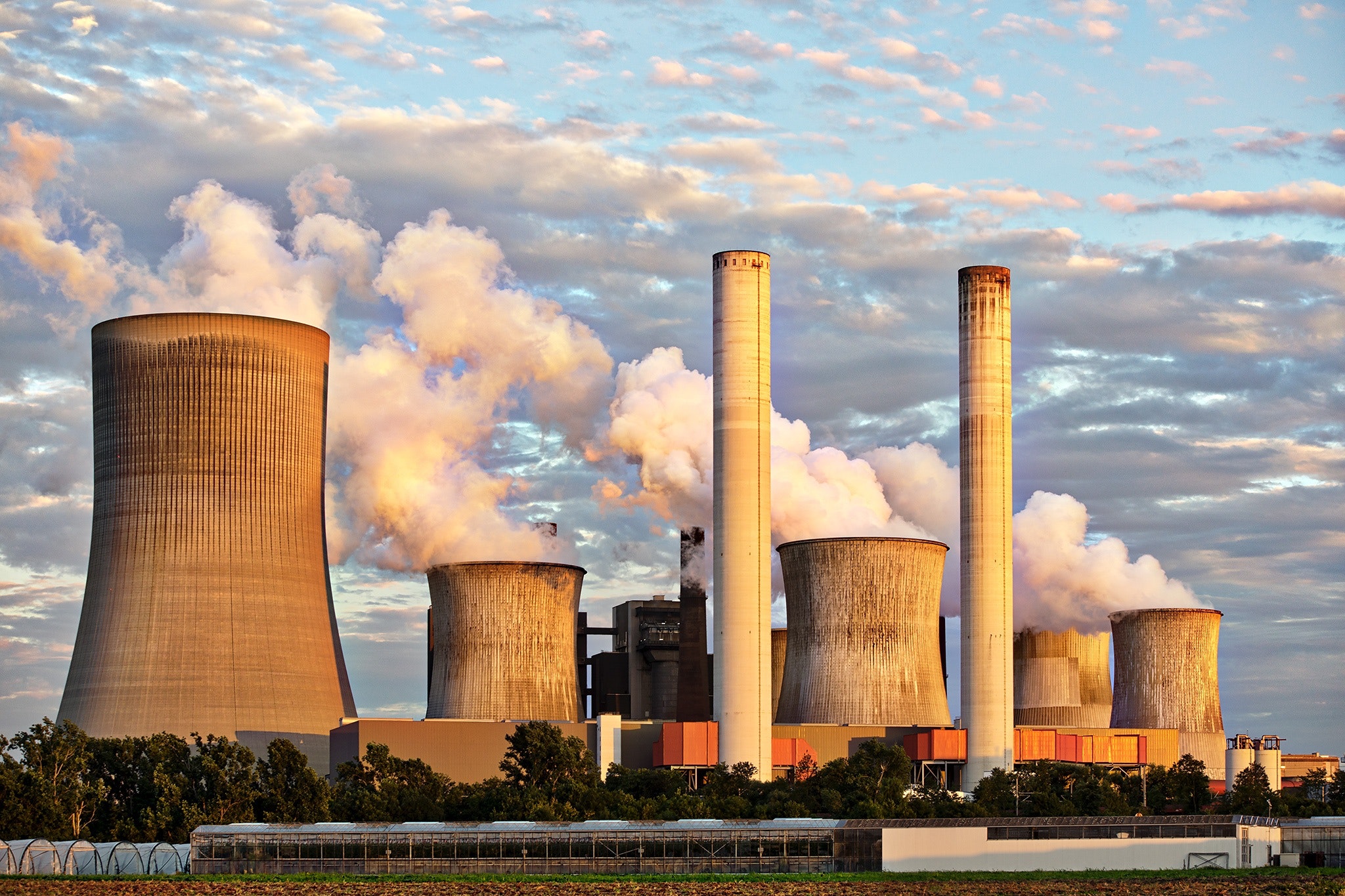FACTBOX-What is the G7 and what does it do?
Leaders of the Group of Seven (G7) wealthy nations will hold a call on Tuesday with Ukrainian President Volodymyr Zelenskiy, a day after Russia fired cruise missiles at cities across Ukraine during rush hour. Each year, a different member country assumes the presidency of the group, sets priorities and organises summits.

Leaders of the Group of Seven (G7) wealthy nations will hold a call on Tuesday with Ukrainian President Volodymyr Zelenskiy, a day after Russia fired cruise missiles at cities across Ukraine during rush hour. WHAT IS THE G7?
The G7 is an informal grouping of wealthy Western nations. It has no permanent secretariat or legal status. Each year, a different member country assumes the presidency of the group, sets priorities and organises summits. Japan is due to take over the presidency from Germany in 2023.
WHO ARE ITS MEMBERS? The G7 is made up of the United States, Britain, Canada, France, Germany, Italy and Japan. Representatives from the European Union also attend.
WHY IS RUSSIA NOT A MEMBER? Russia was included in what became the G8 in 1997 but was suspended in 2014 after annexing Crimea from Ukraine.
HOW LONG HAS IT BEEN AROUND? The G7 was founded following the 1973 OPEC oil embargo as a forum for the richest nations to discuss crises affecting the world economy. Its countries have a combined annual GDP of $40 trillion, or just under half of the global economy.
WHAT TOPICS ARE DISCUSSED BY THE G7? The original group was set up to discuss potential solutions to global economic and financial problems, such as the oil crises.
Annual summits, which have helped launch new rounds of world trade talks, have also taken initiatives - not always followed by action - to reduce the poorest nations' debts. The scope of the G7 was expanded in the 1980s to include political issues.
(This story has not been edited by Devdiscourse staff and is auto-generated from a syndicated feed.)
ALSO READ
Germany Seeks Deeper Ties with India on Defence and Labour Migration
Britain Moves to Save British Steel in Unprecedented Nationalization Bid
Britain Boosts Export Financing Amid US Tariff Challenges
Election Betting Scandal Rocks Britain's Conservative Party
Britain Takes Charge of Steel: Secures Raw Materials Amid China Tensions










